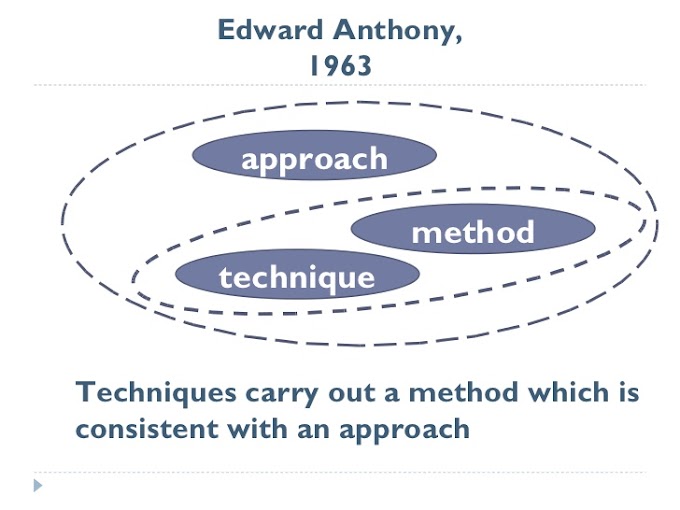Introduction
Langston Hughes is a great American poet of the 20th century. He has multifarious aspects as a poet, and it is difficult to bring all his aspects as a poet within the short space of an essay. However, the major aspects of his poetical works are his role as a champion of African-American causes, his fight against racism, his double-consciousness, that is, his consciousness as a member of the African-
American community, and as a patriotic citizen of America, and his optimistic beliefs about the future realization of equal rights with the white citizens of America. His 'poetic art is also of the highest quality, and his use of the poetic techniques is that of the master.
Langston Hughes as a poet
The first important aspect of Langston Hughes that comes to our notice is his role as a historian of the African-Americans. In the poem "The Negro Speaks of Rivers" he gives us ideas about the roots of Negroes in the history of civilization. The roots of the Negroes go as far back as the earliest of civilizations in the world.
The next important point to note about Hughes as a poet is his anti-racialist attitude, and his fight against racism. "The Negro Speaks of Rivers" primarily aims at giving the proof of the ancientness of the Negroes as a race. But it is also an indirect protest against the Negro slavery in the world, especially in America.
In some of the poems of Langston Hughes the element Of "double-consciousness" is found present. The term implies the consciousness of an African-American as belonging to the race of the black people, and as •a patriotic citizen of America. For a black African it was difficult in the early 1900s to identify their. black identity with their American identify. It is because they have lived in a society that has repressed and devalued them for several centuries. Langston Hughes' poetry depicts this double-consciousness 'in effective poetic diction.
Langston Hughes is an optimist. •He hopes that there will come a time when all the injustice, oppression and repression on the black Americans will go away, and they will have equal rights and privileges with all other races of mankind. "I, Too, Sing America" is one of such poems, embodying his optimism.
Langston Hughes' poetic art is of a very high quality. His use of images and symbols is remarkable for their effectiveness. They symbolize ideas and emotions. For example, the persona in the poem "The Negro Speaks of Rivers" symbolizes the whole race of the Negroes of all times and all places of the world. The poet has used many rhetorical figures like simile and metaphor, allusions, etc.
The reference to the four longest rivers of Africa, Asia, and America, is an allusion very effectively used in the context. The sound devices like assonance, consonance and dissonance are profusely used. "I have known rivers ancient as the world" is an example of vivid simile. There are repetitions to emphasize a point effectively. "I have known rivers", "He did a lazy sway" are repeated for emphasis.
The poet can handle language very skillfully. Sometimes his language is as easy as anything. "But I laugh,/ And eat well" exhibits the simplest language. But "Droning a drowsy syncopated tune" contains words not easily understood by a common reader.
Hughes has used free verse in most cases, but he is also an expert in handling rhymes. Some lines of his poems are long while some others are very short. "Then" for example, makes a line.
Conclusion
In his poetic philosophy, thoughts, and ideas, and in his poetic crafts, Hughes is a highly successful poet.





0 Comments